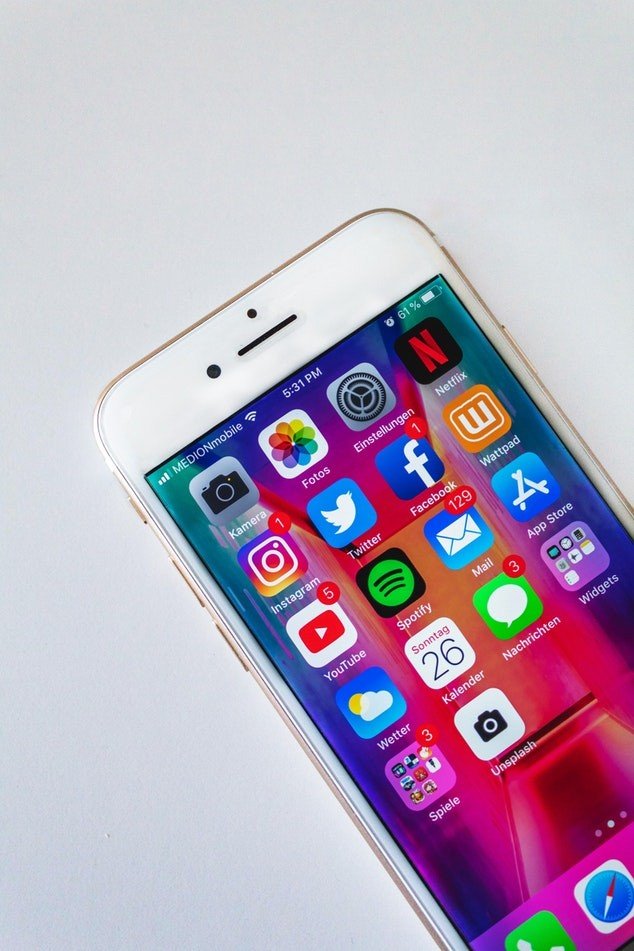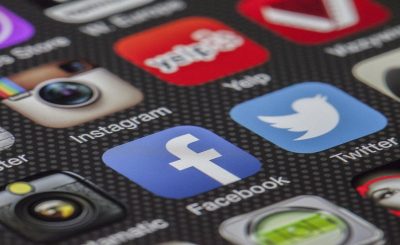Bullet Message, a fast-rising social media upstart touted to be the biggest rival to We Chat has been removed from the App store owing to a copyright complaint. The app reported a meteoric rise within a short span of time after its launch in August. Reportedly within just two weeks of its launch, the app has been downloaded by more than 5 million users. The information was shared by none other than Bullet’s owner in a social media posting where he unveiled the reason for its removal from the App Store. The main reason behind the removal happens to be associated with the image content that is provided by its partner.
They also reached out to Apple to check whether they can offer additional details. In an official statement on Weibo, the company assured that it is discussing the matter with its partner and would soon make an announcement once the download has been resumed. Currently, if you type in Bullet message in App Store, we are fed with unrelated results. The app is being backed by Luo Yanghao the founder of the Chinese smartphone maker- Smartisan. He said that they are planning to invest 1 billion Yuan in the next six months so as to reach 100 million users. The numbers appear quite a minuscule scale when compared to We Chat, which has over 1 billion users.
The unprecedented growth of Bullet message can be attributed to two factors; 1) minimal messaging interface and 2) a new feature that allows speech to text transcription in real time. But it has been lagging behind in the key functionality of “We Chat” i.e., allowing payments. Interestingly the Bullet Messaging App seems to be currently available in Local Android app stores such as Tencent, Baidu and Xiaomi stores. Since it is pulled out from iOS it is just a matter of time before it disappears from the local app stores.
Also Read: Google announces crackdown of malicious chrome extensions and bids for safer ones
There have been eyebrows raised in the recent past related to Bullet message. One reason was the allowance of pornographic content. Also, there have been concerns regarding the privacy and security of user information as it allowed the anonymous participation of Group chats.







